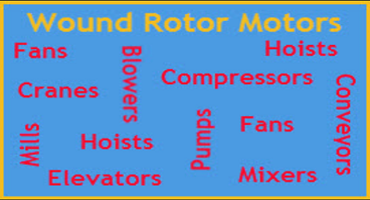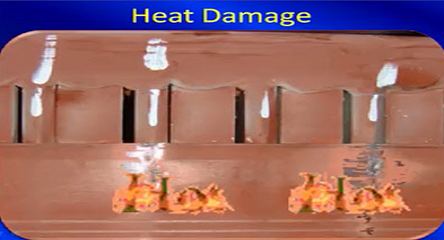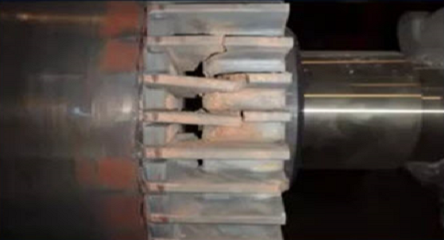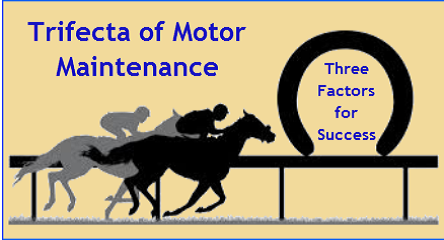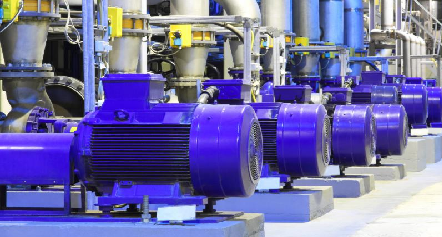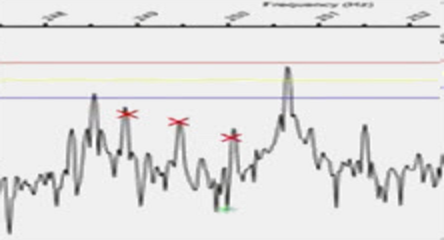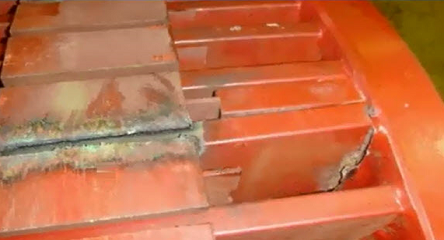About the Author
Noah has over twenty-five years of broad operations and electrical systems maintenance experience in industrial, commercial, and military settings ranging from nuclear submarines to world class amusement parks. His experience includes high and low voltage, AC and DC, power generation, power distribution, motors, and motor controllers. Noah is currently in charge of product development for new and existing PdM technology at PdMA Corporation.
Noah is a graduate of the University of the State of New York and the Naval Nuclear Power School and Training Unit. He is a Certified Maintenance Reliability Professional, with field experience in motor circuit analysis, current signature, power analysis, thermography, vibration analysis, oil analysis and ultrasonic testing.

